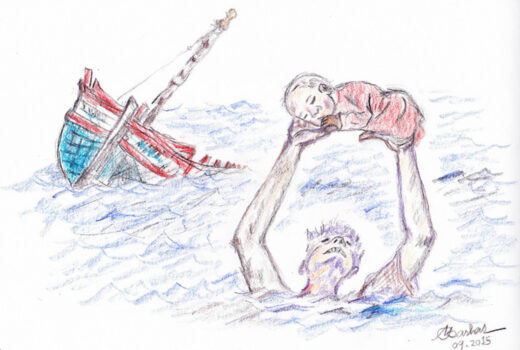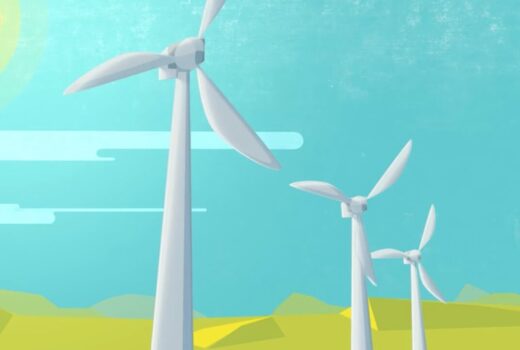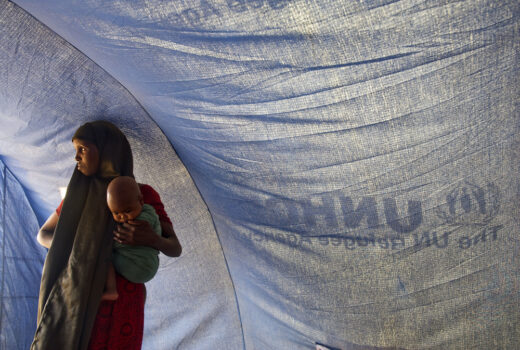A full list of STWR’s publications as well as related news, articles and blogs can be found below.
A new deal for refugees and migrants?
Blog / 13th September 2016As world leaders gear up for the first ever UN Summit on refugees and migrants, civil society organisations already expect the summit to fail to agree any concrete steps for governments to share the responsibility for dealing with the escalating crisis. That is why calls for putting the equitable sharing of responsibility into practice will continue well after the Summits, reports Josephine Liebl of Oxfam International.
Corporations running the world used to be science fiction – Now it’s a reality
Blog / 13th September 2016The power of corporations has reached a level never before seen in human history, often dwarfing the power of states. That is why civil society organisations are backing the new UN initiative for a legally binding global treaty on transnational corporations and human rights, as explained by Aisha Dodwell of Global Justice Now.
An energy revolution is possible: Tax havens and financing climate action
Article / 7th September 2016According to a new report by Friends of the Earth International, it is a gross injustice that the world’s richest multinational corporations and individuals do not pay their fair share of taxes and continue to pollute without limit. But we can stop tax avoidance and use that money for building sustainable and just societies through a clean energy revolution.
Looking good and making a fast buck? Why rich countries help the poor
Article / 7th September 2016The arguments for rich nation’s moral duty and responsibility to help the distant needy are well known, but short-term political and commercial advantages are dominating the practice of redistributing foreign aid. And the underlying problem is a lack of critical public engagement and concern, writes David Hulme in an extract from his new book, ‘Should Rich Nations Help the Poor?’.
Want to see a new kind of economy?
Article / 1st September 2016What is common wealth? And how might we use it to build a more local, equitable and sustainable economy? Peter Barnes imagines an economy in which everyone benefits from a variety of co-inherited and co-created assets.




